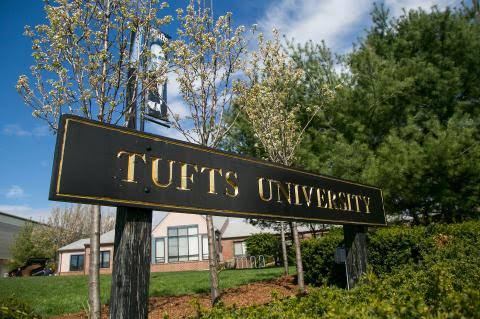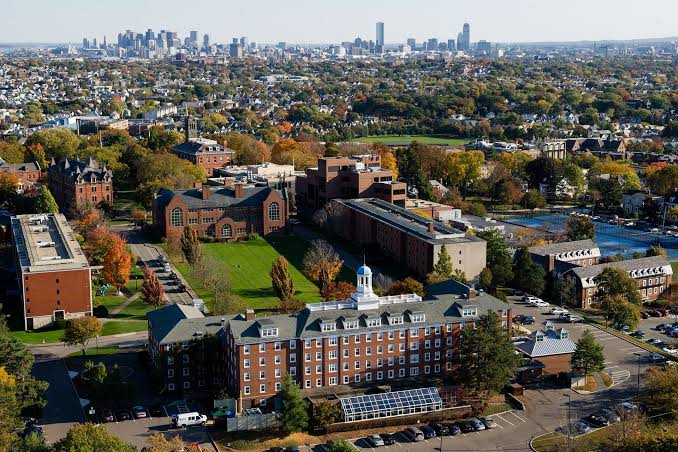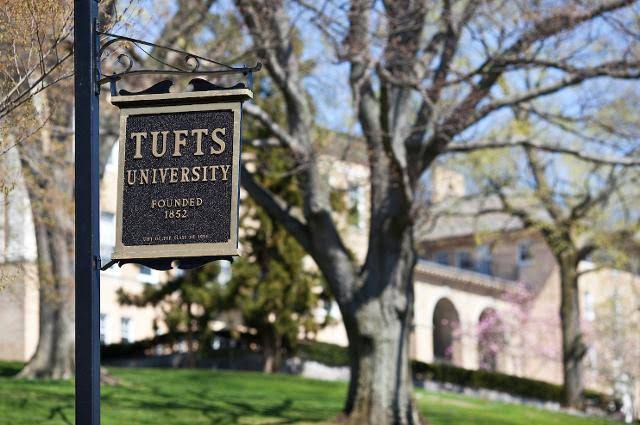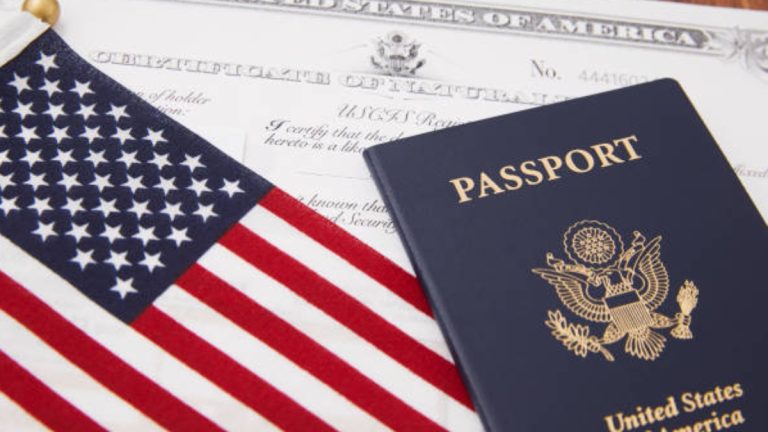A Threat to Academic Freedom and Free Speech?

Introduction
The recent detention of Rumeysa Ozturk, a Tufts University PhD student and Fulbright Scholar, has ignited widespread outrage. Her arrest by U.S. Immigration and Customs Enforcement (ICE) has raised concerns about academic freedom, free speech, and the treatment of international students engaged in political activism.
Who is Rumeysa Ozturk?
Rumeysa Ozturk, a 30-year-old Turkish national, has been studying in the United States under a prestigious Fulbright scholarship. She is known for her academic contributions and her vocal stance on political issues, particularly regarding the Israeli-Palestinian conflict.
The Controversial Arrest
On March 25, 2025, plainclothes ICE officers detained Ozturk in Somerville, Massachusetts, while she was on her way to an Iftar dinner. Surveillance footage shows officers surrounding her, restraining her, and escorting her into an unmarked vehicle. This dramatic arrest has sparked criticism from civil liberties advocates, students, and faculty members.
Why Was Rumeysa Ozturk Detained?
The Department of Homeland Security (DHS) alleges that Ozturk has ties to Hamas, a group designated as a terrorist organization by the U.S. government. However, no concrete evidence has been publicly disclosed. Ozturk’s supporters argue that her detention is politically motivated, pointing to her previous opened criticizing Tufts University’s stance on Palestinian issues.

ICE Transfers Ozturk Despite Court Order
Despite a federal judge’s order to keep her in Massachusetts pending legal proceedings, Ozturk was swiftly transferred to the Central Louisiana ICE Processing Center. This move has intensified scrutiny over ICE’s actions and raised legal and ethical concerns about due process.
Protests and Public Outrage
Thousands of protesters have taken to the streets in Somerville and beyond, denouncing Ozturk’s detention as an attack on free speech and academic freedom. Critics fear that this case sets a dangerous precedent for international students who engage in political discourse.
What This Means for Academic Freedom
Ozturk’s case highlights the growing surveillance of foreign nationals in U.S. academic institutions. Similar cases, such as the detention of Columbia University student Mahmoud Khalil, suggest an alarming trend of immigration authorities targeting pro-Palestinian activists.
The Legal Battle Ahead
As legal proceedings unfold, Ozturk’s case will likely shape future policies on academic freedom and free speech. Will the U.S. uphold its commitment to civil liberties, or will political dissent become a liability for international students?
Conclusion
Rumeysa Ozturk’s detention is more than a legal battle it is a pivotal moment for academic freedom and civil rights in the U.S. The outcome of her case will have far reaching implications for students, universities, and the broader discourse on human rights and free expression.






